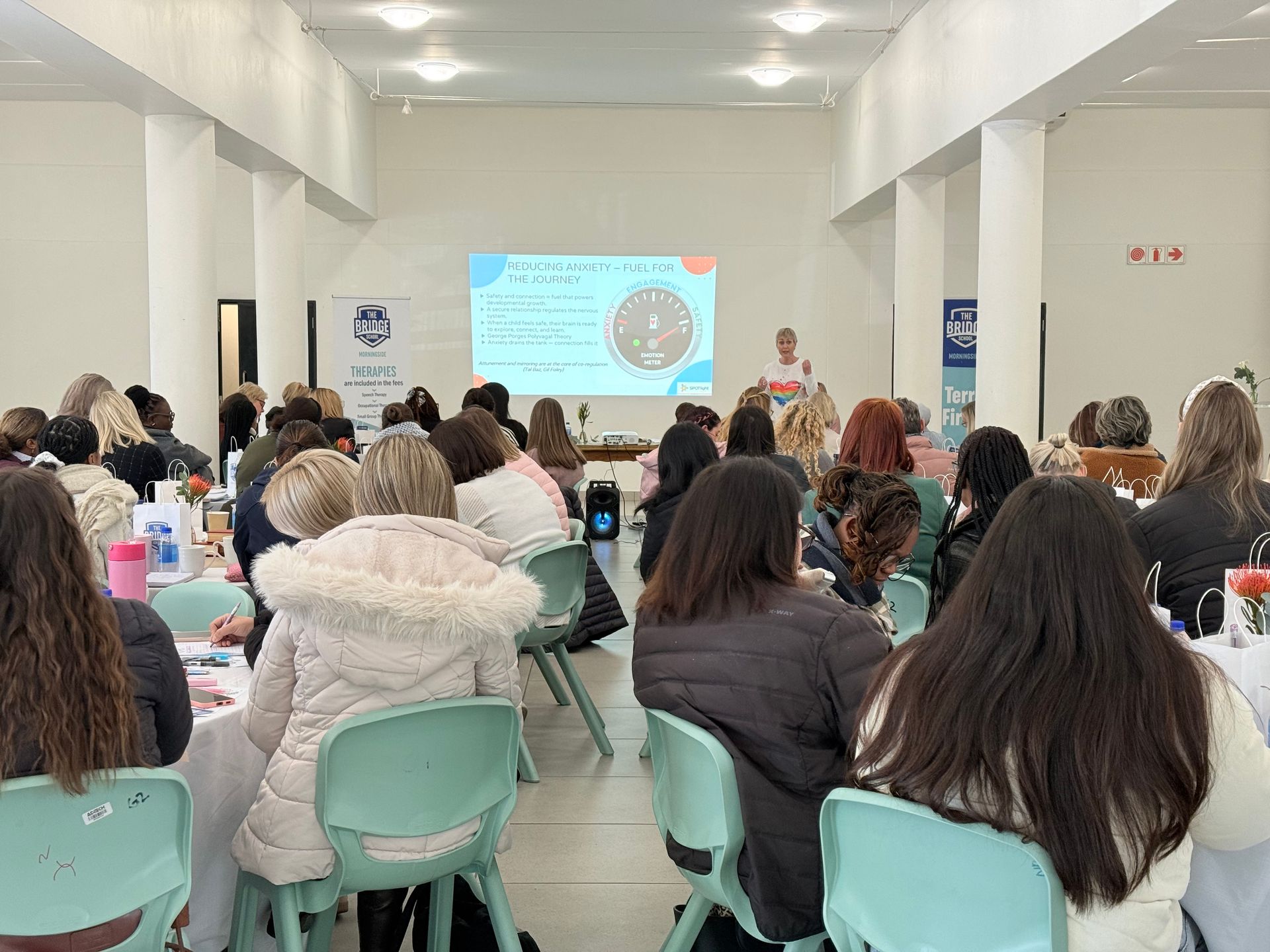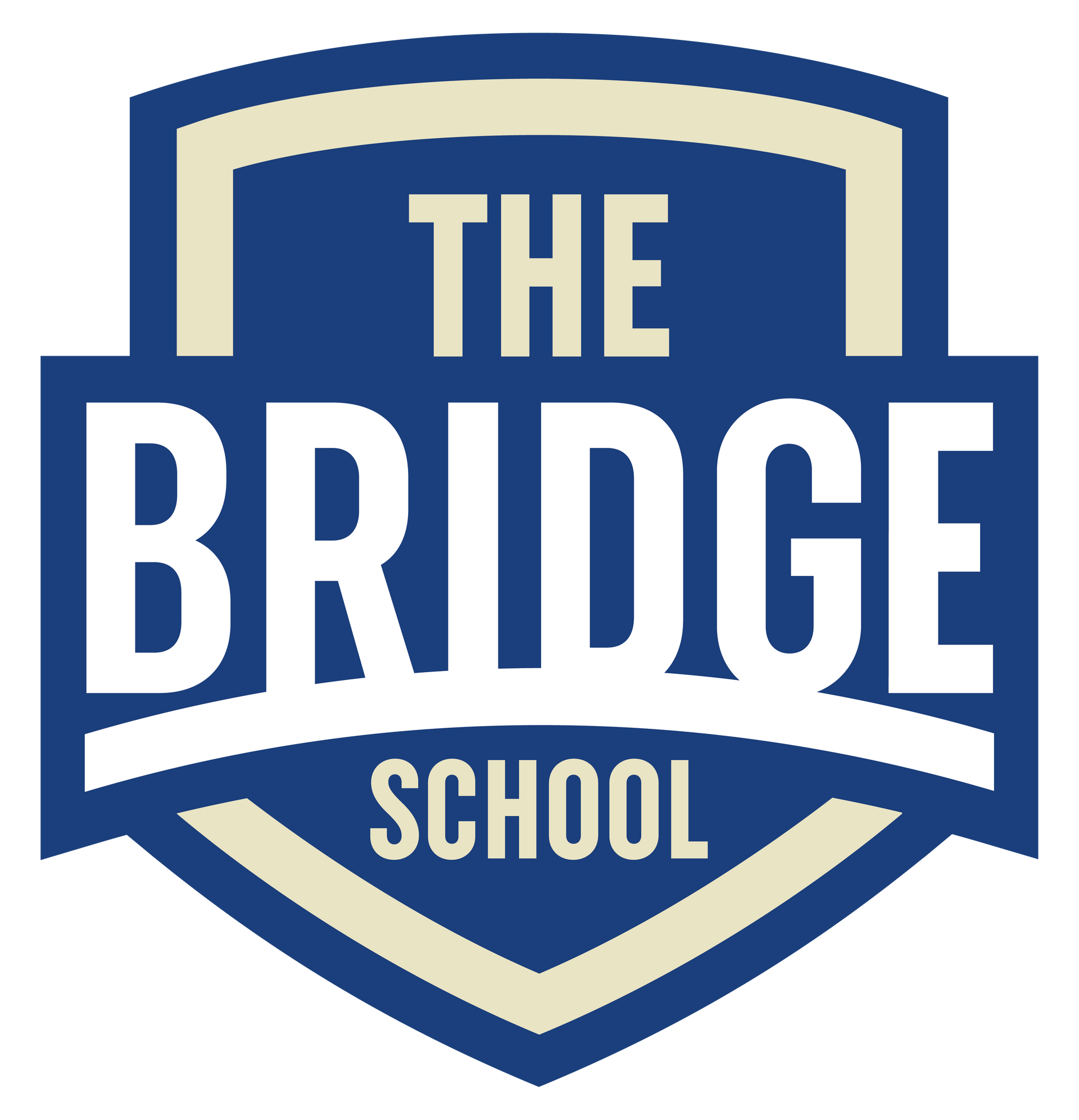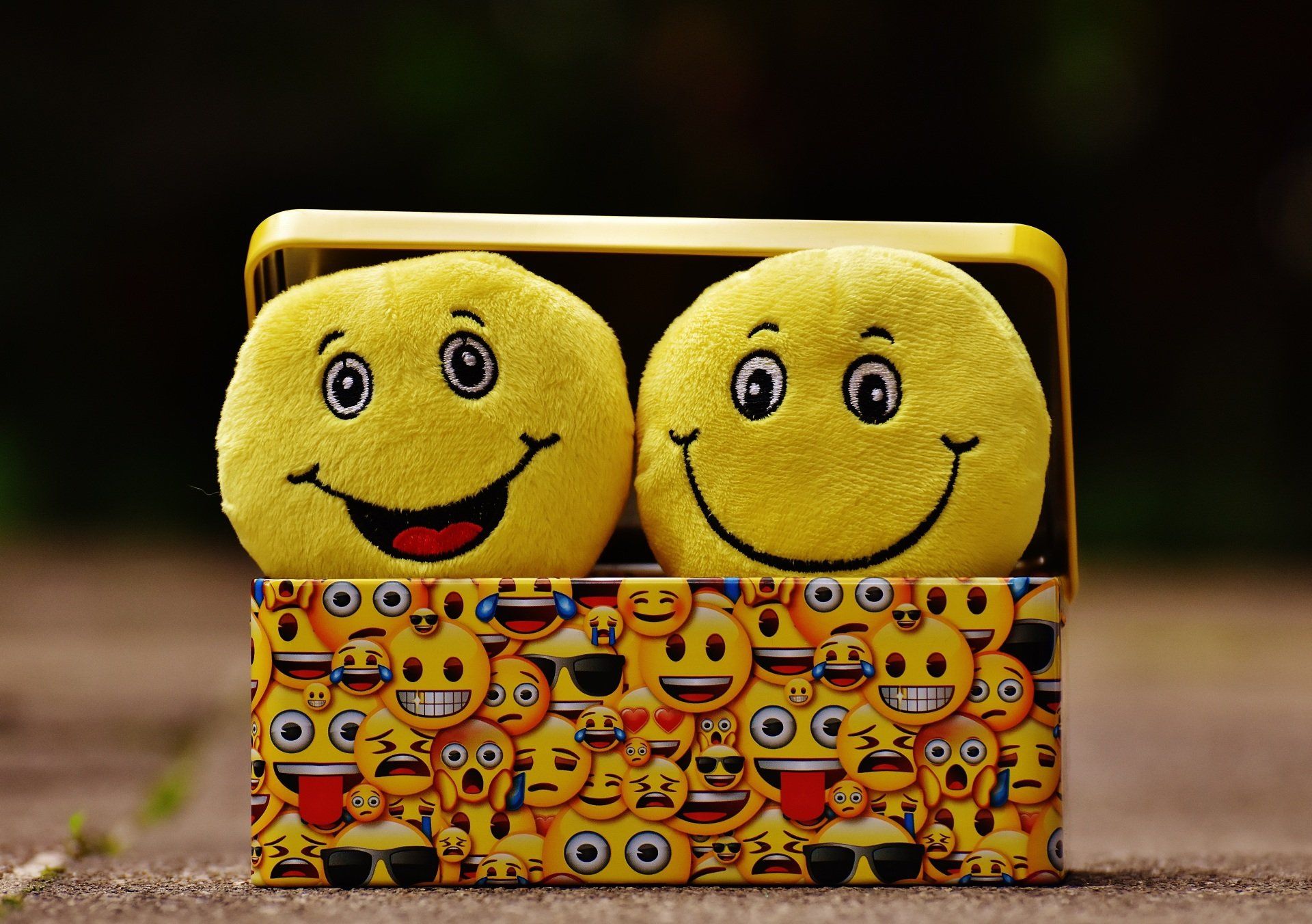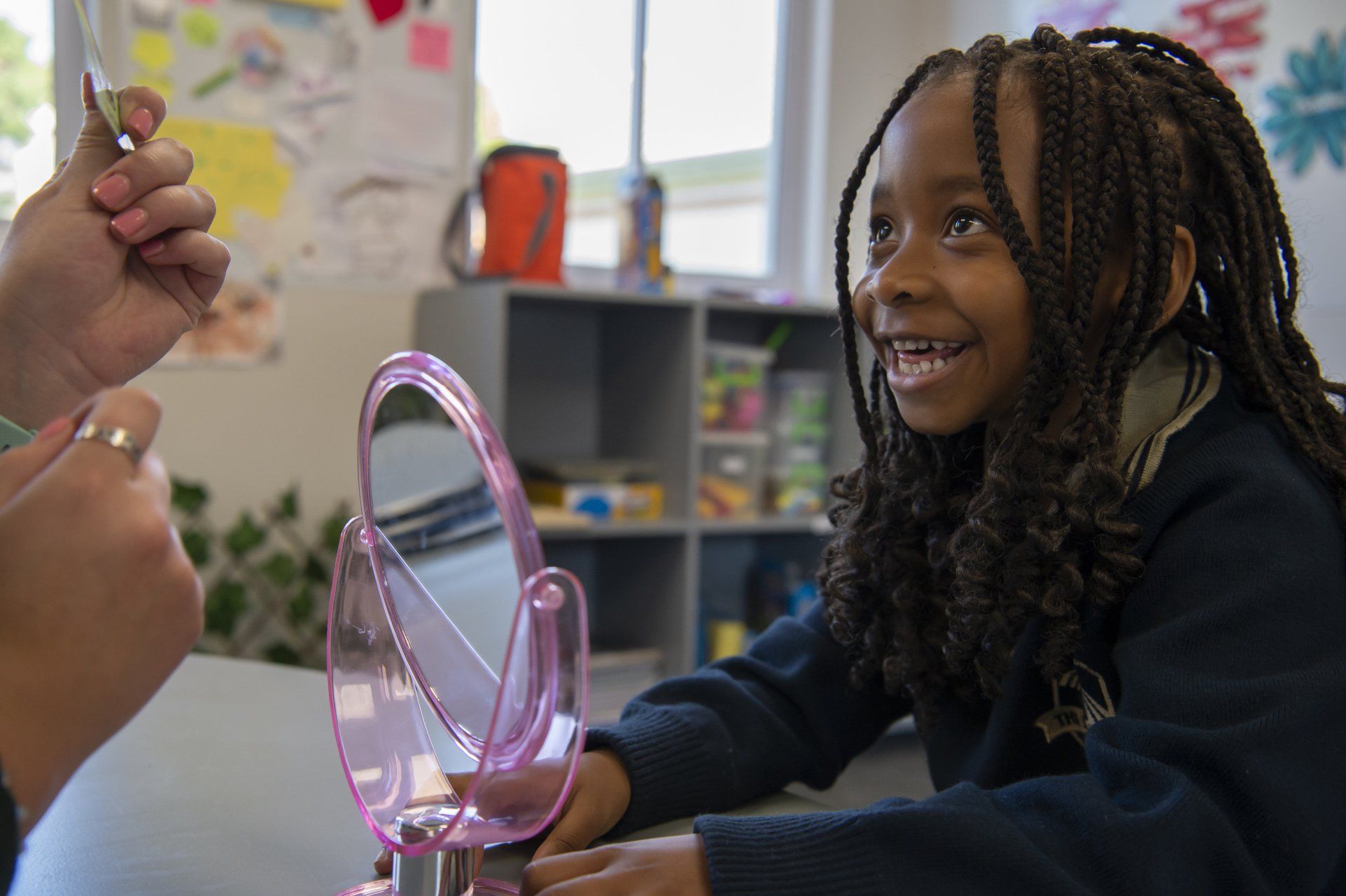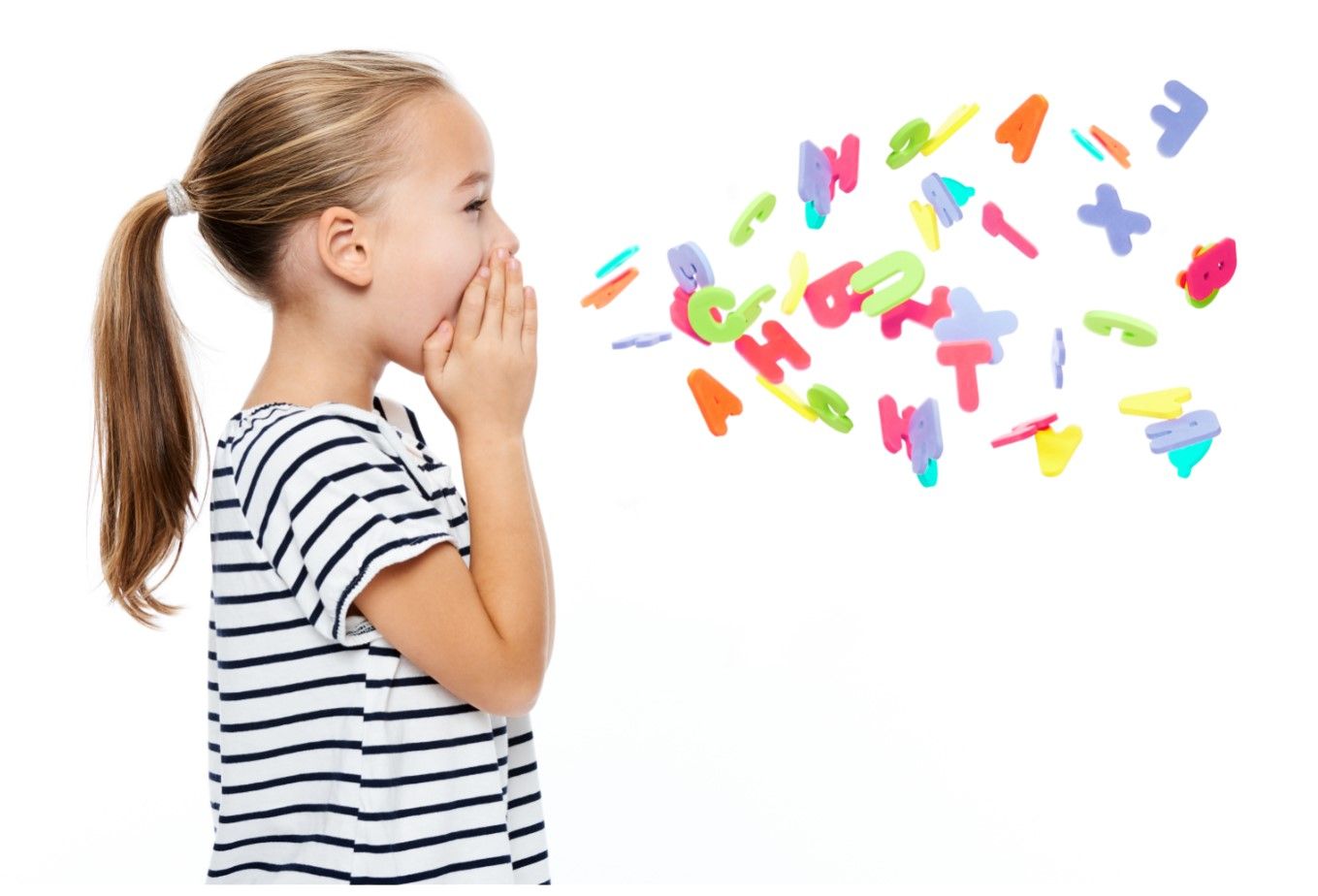The Power of Fun in Learning for a Brighter Future
Schools have increasingly recognised the importance of fostering well-rounded development in learners. Academic achievement is no longer viewed as the sole marker of success; instead, there is growing emphasis on the mental, emotional, and social wellbeing of learners. Fun days - often seen as simple recreational events - offer vital opportunities for this balanced growth, an education expert says.
“At our school, fun days have become integral to our educational model, providing meaningful experiences that go beyond play. Every Friday, our school transforms into a hub of creativity and excitement with our Fun Fridays! These themed days range from dress-up events to community-driven projects, such as wearing sunglasses in support of the South African Guide-Dogs Association,” says Renie Sutherland, Principal at The Bridge Assisted Learning School Morningside, which supports students facing challenges unrelated to cognitive ability.
She says pupils engage in a variety of enjoyable activities like art projects, dancing, and even hosting MasterChef-themed cook-offs.
“Fun Fridays also offer a wonderful opportunity to celebrate our rich cultural backgrounds, creating a vibrant and inclusive space where learning meets joy. It’s a day everyone looks forward to,” she says.
Play theory and child development
Jean Piaget and Lev Vygotsky, two of the most prominent figures in child development theory, stressed the role of play in learning.
“Piaget proposed that play provides a mechanism through which children experiment, learn, and understand the world around them. Vygotsky highlighted how play enables children to develop critical social skills, such as cooperation, negotiation, and problem-solving. These theories align with the inclusion of fun days, which provide structured play environments conducive to skill development and social learning,” notes Sutherland.
Social-Emotional Learning
Social-Emotional Learning focuses on teaching children how to manage emotions, establish positive relationships, and make responsible decisions, says Sutherland.
“Fun days act as a natural extension of these principles by providing learners with opportunities to collaborate and build empathy through group activities and shared experiences.”
Sutherland says she has observed a number of ways in which fun days positively impacted on the school’s learning and culture. These include:
- Improved Social Interaction and Peer Relationships: Fun days allow learners to interact with one another in a non-academic setting, which fosters the development of healthy peer relationships. These interactions contribute to the development of teamwork, communication, and conflict resolution skills. For learners in assisted learning environments, where social skills may need additional support, fun days offer structured opportunities to engage with peers and practice these essential life skills.
- Emotional Well-being and Stress Relief: With rising academic pressures, learners are increasingly vulnerable to stress and anxiety. Fun days offer a reprieve from these pressures, allowing learners to relax and enjoy themselves in a safe, supportive environment.
- Physical Health and Cognitive Benefits: Physical activities, such as our Friday Dance days, are often a major component of fun days. These activities not only promote physical health but also have cognitive benefits.
- Building School Spirit and Community Fun days foster a sense of belonging and unity within the school community. Participating in shared experiences helps build school pride and strengthens the relationships between learners, staff, and teachers. These events help create a positive school climate where learners feel connected, valued, and supported.
“At The Bridge Assisted Learning School Morningside, fun days are strategically designed to integrate educational goals with playful activities to create a well-rounded experience for learners,” says Sutherland.
“Our fun days have led to increased student engagement, both during the events themselves and in the classroom afterward. Teachers report that learners return to class feeling energised, motivated, and more focused on their schoolwork. This is particularly significant for learners who typically struggle with maintaining attention in a traditional academic setting.”
The collaborative nature of our fun days has also allowed learners to develop stronger peer relationships.
“Learners who previously found it difficult to communicate or interact with others have shown marked improvement in their social skills. Fun days have contributed significantly to the development of a positive school culture. The shared joy and collaborative spirit cultivated during fun days have had lasting effects, strengthening relationships throughout the school and contributing to a more inclusive and supportive environment.”
